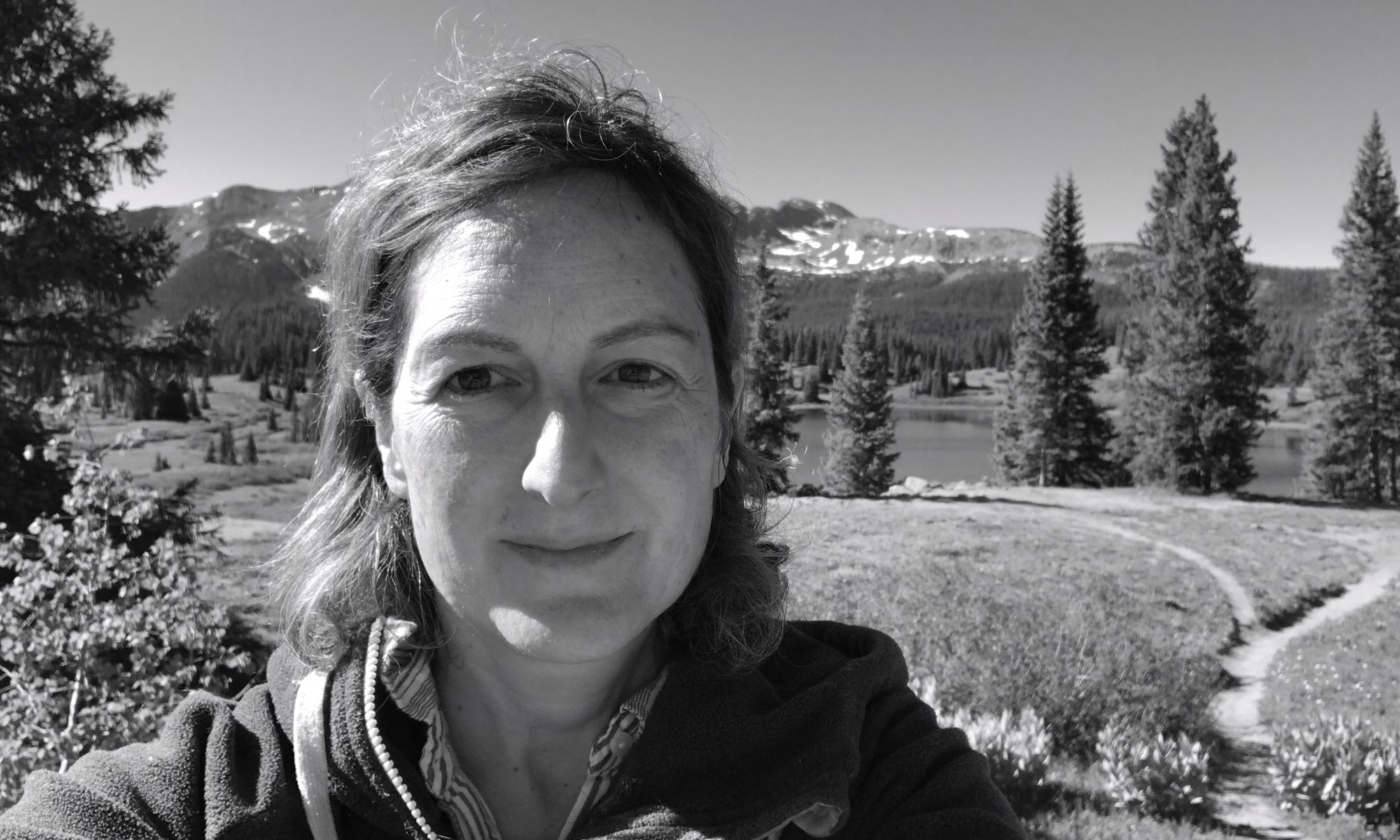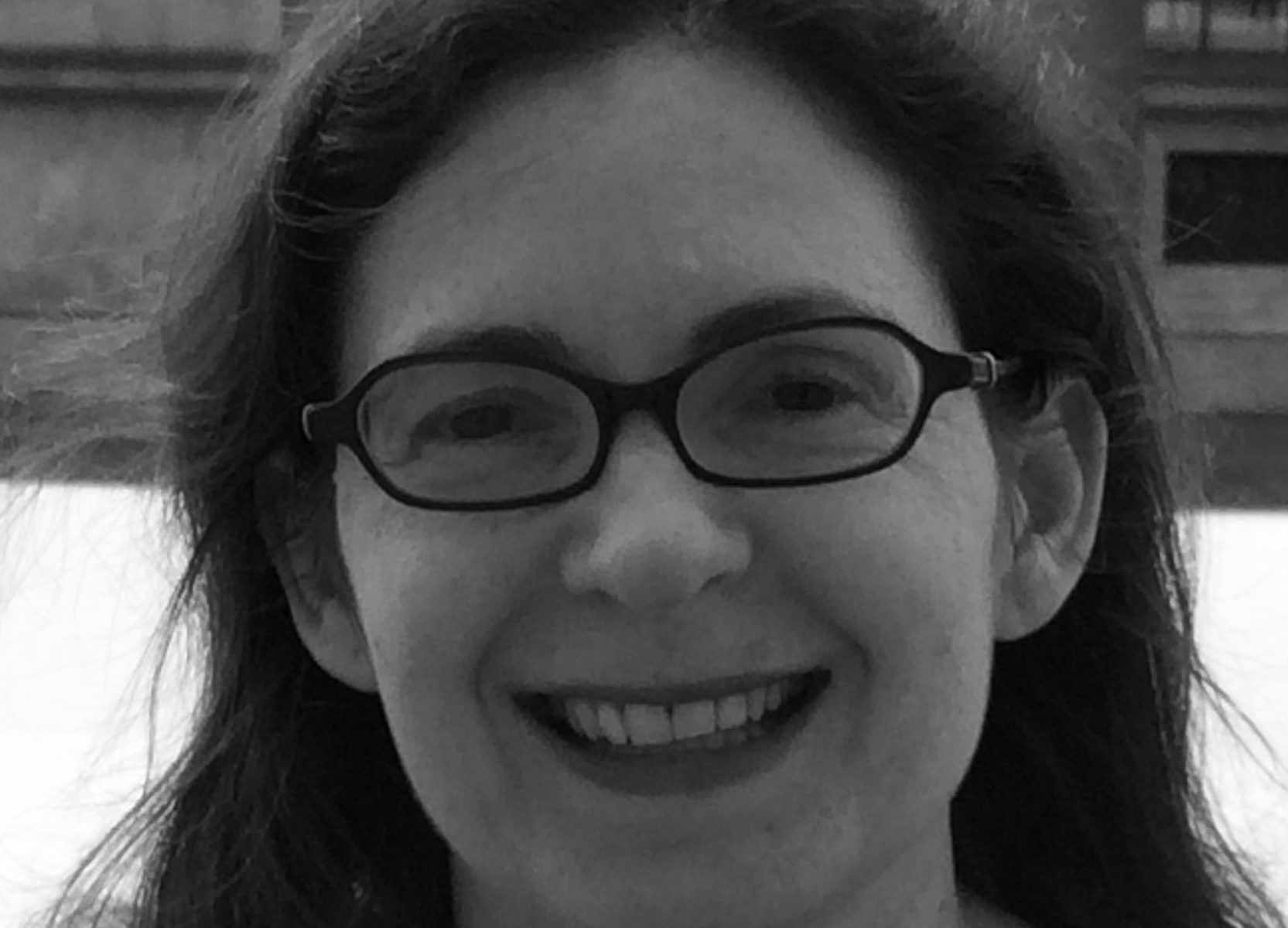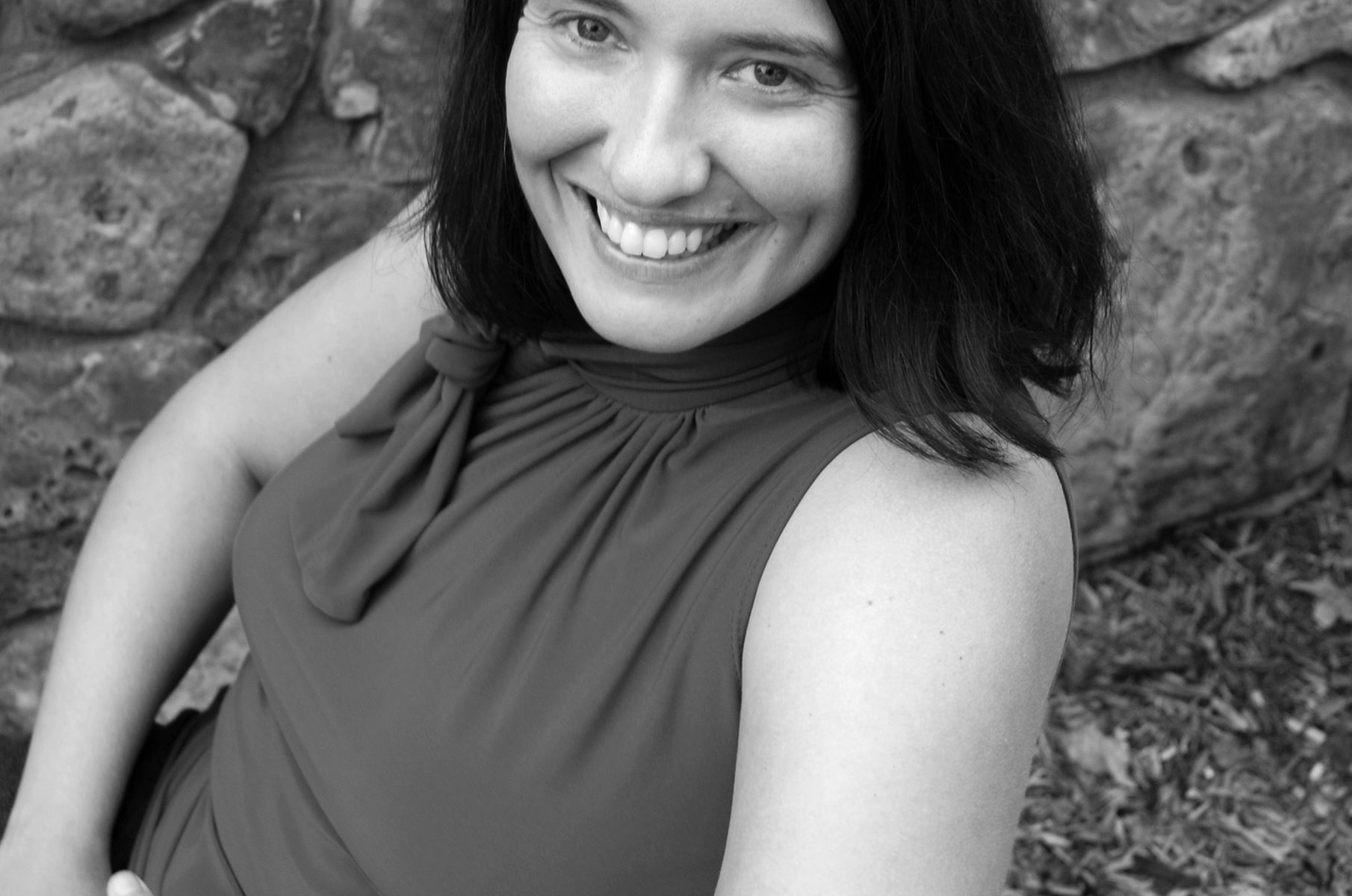Julie Marie Wade teaches in the creative writing program at Florida International University in Miami. She has published ten collections of poetry and prose, most recently Same-Sexy Marriage: A Novella in Poems and The Unrhymables: Collaborations in Prose, co-authored with Denise Duhamel. Wade reviews regularly for Lambda Literary Review and The Rumpus and makes her home on Hollywood Beach with her spouse Angie Griffin and their two cats.
Eckleburg: What captures your interest most in your work, now, as a reader of your work?
Julie Marie Wade:
Honestly, “New Mother” is one of my first forays into fiction writing. When I was a PhD student at the University of Louisville, I did an independent study with a terrific fiction writer there named Paul Griner who encouraged me to discover why I identified as a poet and creative nonfiction writer, aka “not a fiction writer,” by writing fiction. I loved his via negativa proposal and began to explore to explore the possibilities. When I finished my program and was hired as a faculty member in the creative writing program at Florida International University, I found myself in extraordinary literary company once again–this time with four accomplished fiction writers (Lynne Barrett, Debra Dean, John Dufresne, and Les Standiford) as colleagues and friends.
While my teaching focus at FIU is poetry, creative nonfiction, and most recently hybrid forms, I’m finding that there are stories I want to tell *as stories*–not, say, as narrative glimpses inside a poem–and stories that aren’t born from my direct experience the way my work with memoir/lyric essay typically is. “New Mother” is one of those stories. All the stories I have written so far and am interested in writing next have to do with queer identities and the misunderstandings that often arise from heterosexual presumptions.
In this story, I was thinking about the protagonist Leah’s belief that her close friend Zoe must have carried a secret torch for her since high school, given that Zoe is a lesbian and Leah is a woman. But the story surprised me because Leah’s false belief about her friend’s desire for her didn’t make me empathize with Leah’s character less; instead, it made me feel even more compassion for her.
I guess what I’m learning most notably right now is how much writing fiction can teach me about subject positions and experiences that aren’t my own–something I had only previously recognized as a *reader* of the genre.
Eckleburg: What are you working on now?
Julie Marie Wade:
I’ve had some enormous literary serendipity recently, resulting in this triptych of good news: In February 2020, The Ohio State University Press will publish my new lyric essay collection, Just an Ordinary Woman Breathing. In September 2020, The Word Works will publish my new experimental poetry collection, D R IF T. And as if that wasn’t all thrilling enough, Brenda Miller and I have recently learned that our collaborative lyric essay collection, Telephone: Essays in Two Voices, was selected by Hanif Abdurraqib as the winner of the 2019 Cleveland State University Press Nonfiction Book Award. CSU Press will publish that collection in September 2021.
Eckleburg: Who and what are your artistic influences?
Julie Marie Wade:
My love of poetry was awakened in high school, first with Dickinson and Whitman, and later in college with the work of many poets, particularly Adrienne Rich. (I loved her poems but also cherished the knowledge that she was an essayist, too.) As I kept reading poems throughout college, I was drawn especially to Sharon Olds, Sandra Cisneros, and Lucille Clifton–poets whose work I sought out in their single-author collections, beyond the anthologies where I first encountered them.
By graduate school, I was reading the books my professors assigned to me, but also the work authored by those professors. I fell in love with Suzanne Paola’s poetry, and Bruce Beasley’s poetry, and Brenda Miller’s lyric essays. These professor-mentors led me to other writers they knew I needed: Harryette Mullen, Rae Armantrout, Claudia Rankine, Bernard Cooper, Mark Doty–and more–and more.
In my next grad program, I studied with Tracy K. Smith and Toi Derricotte, so I began reading their work, too, and I also discovered, in one of the most auspicious accidents of my life, the work of Denise Duhamel, which led me to the work of Maureen Seaton, two poets I could not live without now. I also became fans of the work of fellow emerging poets, like James Allen Hall and Aaron Smith and Stephen S. Mills–all of whom write work that resonates deeply with me and grants me ever-greater permissions in my writing life. Now some of my favorite writing influences are also former students who are beginning to publish their own collections of work–writers like Ashley M. Jones, Ariel Francisco, Laurel Nakanishi, Jen Soriano, and Dawn S. Davies.
I guess it’s obvious, but I’m influenced in some sense by everyone I read and write, everyone I’ve studied with in the past and teach with now, and certain by everyone I have the privilege of teaching. I build my courses around writers who have influenced my vision of what a poetry collection or a memoir or a lyric essay can be–writers that include (but are not limited to!) Daisy Hernandez, Lily Hoang, Maggie Nelson, Eula Biss, Ross Gay, David Hernandez, Jessica Jacobs, Valerie Wetlaufer, Rigoberto Gonzalez, Barrie Jean Borich, Rick Barot, Karen Salyer McElmurray, Ocean Vuong, and Jenny Boully.
My newest writing influence is a writer I only met and began to read for the first time this summer–Matthew Olzmann. I’m astonished by the wonder in his work and the tender invitations his poems extend to me as both a fellow writer and fellow human.
Eckleburg thanks Julie Marie Wade. Do you have new work published here at Eckleburg or elsewhere? Add your Selfie Interview and share the news with our 10,000+ reading and writing community. If you have a new book out or upcoming, join our Eckleburg Book Club and let our readers know about it.



